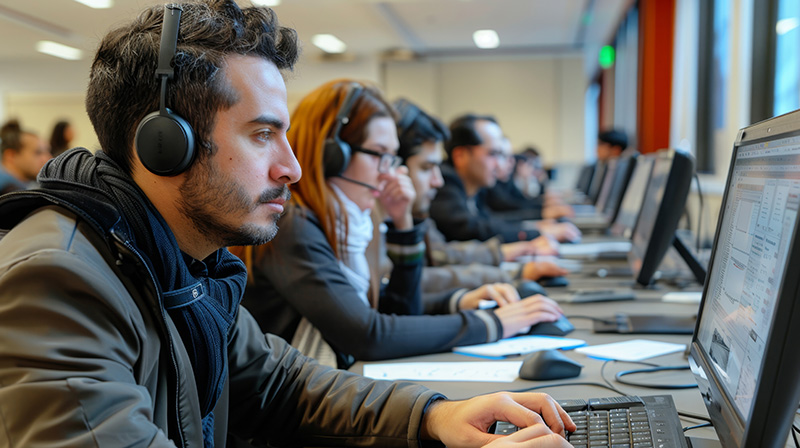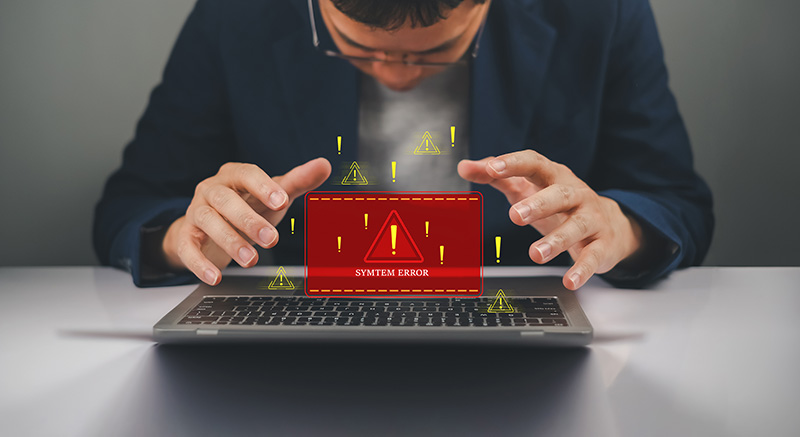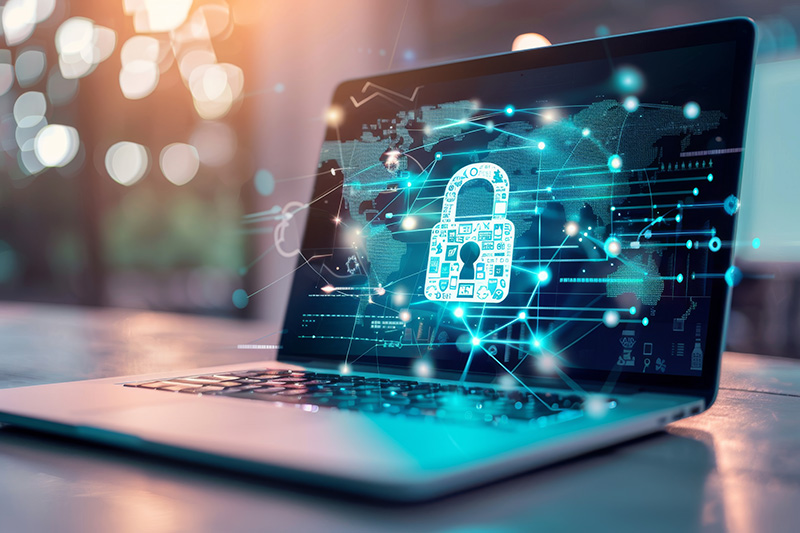We’re all basically on social media these days. Just look at Facebook. It has over one billion users – 1.59 billion to be exact. And together, Instagram, Twitter, LinkedIn, Pinterest, and Snapchat can add another billion to that mix.
Social media is an invaluable networking tool and an impressive feat for communication. It links you with new people, new businesses, and new ideas, and it keeps you connected to distant family members and old friends as if they were living in the same house.
But you’d be naïve to assume that social media comes free of downfalls.
In fact, these social platforms can lead to some serious heartache and majorly negative consequences; therefore, it’s incredibly important to protect yourself at all times when socializing on the internet – which, unfortunately, can be an easy thing to forget to do.
Here are just a few of the potential drawbacks of reckless online socializing.
No job for you.
You think people would have learned their lesson by now… but no. They have not. One of the first things a business will do before hiring a new person is to check for online profiles. If they find anything on your site that doesn’t necessarily sit right with them, they’ll probably push your resume off the desk and straight into the trashcan. There are simply too many candidates to settle for someone with a less than appropriate social media life.
And plus, you are a direct reflection of your employer. If your online activity is a sloppy collection of offensive memes and embarrassing selfies, you better believe you’ll find your way to the chopping block – before and after a hire. So either keep your profiles completely private or maintain wholesome, PG-rated sharing and posting.
Thanks for the open invitation.
Nowadays, there’s a photo for every second of a life. Absolutely everything is documented. Some of this documentation is less exciting than a bloated fly crawling on a dirty curtain… while some of it is actually very interesting – like a vacation, graduation ceremony, or wedding. However, what people fail to see here is that you’re documenting your life for the entire world to see, and everyone from your family members to that petty thief across town has an all-access pass to the inner-workings of your life.
When you post pictures and the exact GPS location of where you’ll be staying for the next week, what you’re really doing is saying, “Thieves, please have your way with my empty home.” If you’re not okay with that, you should probably wait till after the vacation to post photos and choose to bypass the minute-by-minute status updates.
You had me at selfie.
Speaking of shady characters, there are plenty more than just petty criminals on the internet these days. In fact, there are some downright frightening people out there, and the more you share your life and your face with these people, the more of an opportunity there is for someone to get permanently hurt.
Always be careful on social media. Know who you’re friends with and what your privacy settings dictate – especially for teenagers and women who live alone. It’s always a good idea to keep your personal posts and photos private and only viewable by friends.
Did I just share that?
There are so many ways to share online content. For example, on Facebook, you can send content through Messenger, tag someone, share directly to someone’s page, or post something on your page. The last two can be done publicly, privately, or to a specific group of people.
Because of all these choices, it can be ridiculously simple to royally mess things up– like accidentally sharing a private message on someone’s timeline. Always double check where something is going, especially if it’s something that could be seen as offensive or inappropriate. And if all else fails, you could always not share it. That would solve like 99.9% of your problems.




